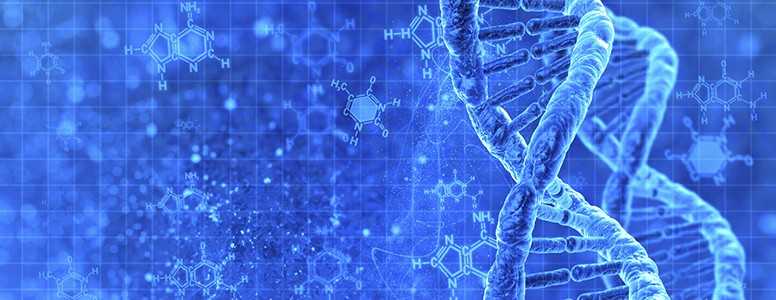A gene therapy approach has been shown to normalise blood glucose levels in mice with type 1 diabetes, and could one day be used to treat humans.
The therapy involves an adeno-associated viral (AAV) vector, a virus that can be used to deliver DNA to target cells.
Scientists at the University of Pittsburgh School of Medicine used this gene therapy to reprogram human alpha cells into functional insulin-producing beta cells in mice models of diabetes. Both alpha and beta cells are found in the pancreas. Alpha cells produce glucagon, a hormone that raises blood sugar levels when needed, while beta cells produce insulin, the hormone that lowers sugar levels when needed.
Specifically, this therapy delivered two proteins, pdx1 and MafA, into the pancreases of the mice. These proteins support the growth of beta cells.
The treatment restored normal blood glucose levels for four months, and led to the development of fully functional insulin-producing beta cells from the alpha cells.
Significantly, the researchers say these new cells were protected from the immune attack which characterises type 1 diabetes.
“The viral gene therapy appears to create these new insulin-producing cells that are relatively resistant to an autoimmune attack,” said study author Dr George Gittes. “This resistance appears to be due to the fact that these new cells are slightly different from normal insulin cells, but not so different that they do not function well.”
No immunosuppressant drugs were required, and Gittes added that this is the first study to essentially represent an intervention in autoimmune disease.
However, the mice did eventually return to their prior diabetic states, indicating that this is, for now, a short-term treatment, until future research demonstrates longer-term impact.
Now, Gittes and his team are planning research trials in humans, which will be fundamental to establishing whether the therapy could have implications as a diabetes treatment.
“A clinical trial in both type 1 and type 2 diabetics in the immediate foreseeable future is quite realistic, given the impressive nature of the reversal of the diabetes, along with the feasibility in patients to do AAV gene therapy,” he said.
The findings appear online in the journal Cell.
What's new on the forum? ⭐️
Get our free newsletters
Stay up to date with the latest news, research and breakthroughs.







